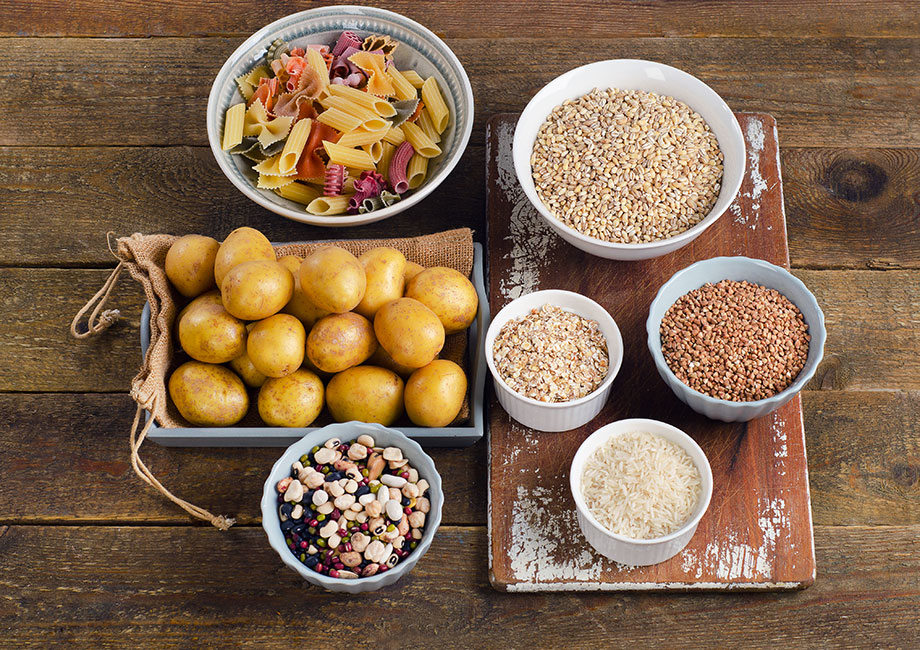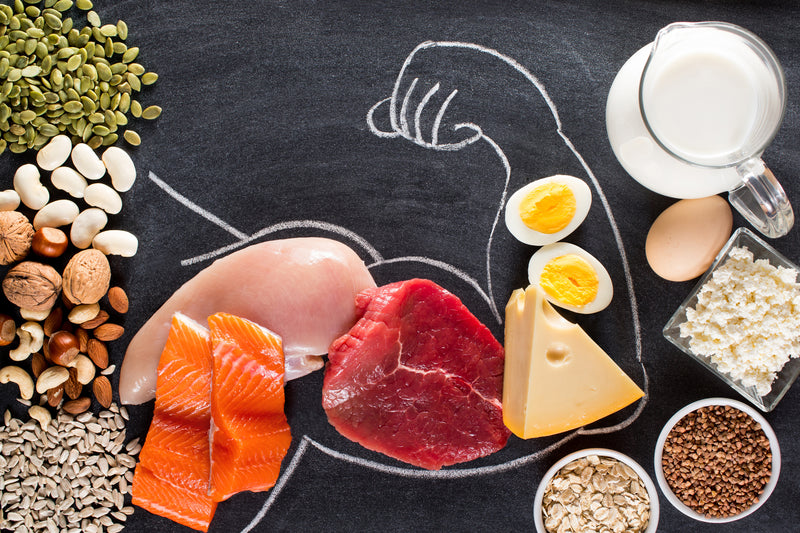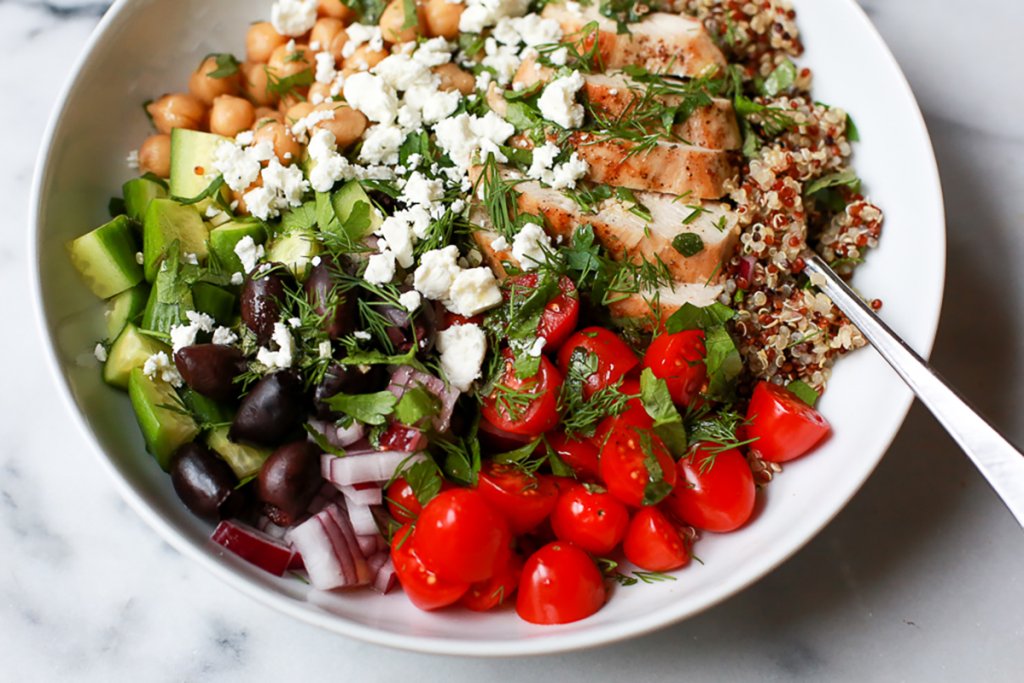Importance of Muscle Recovery
Optimal muscle recovery is crucial for enhancing your performance and achieving your fitness goals. Giving your muscles time to repair and rebuild after exercise helps prevent injuries and improves overall strength. Without proper recovery, you may experience muscle fatigue, decreased exercise capacity, and a higher risk of overtraining. Embracing the importance of muscle recovery allows you to train consistently and push yourself harder during workouts. Remember, recovery is as vital as training itself in the journey toward a stronger and healthier body.
Benefits of proper muscle recovery
Proper muscle recovery benefits you by reducing the risk of injuries. It allows your muscles to repair and grow stronger. Recovery enhances your overall strength and helps prevent fatigue. Efficient recovery leads to improved exercise capacity and performance. Taking the time to let your muscles recover properly ensures you can train consistently and push your limits during workouts. Prioritizing muscle recovery is key to achieving your fitness goals and maintaining a healthy body.
Factors affecting muscle recovery process
Your muscle recovery can be influenced by various factors. Factors like sleep quality, stress levels, and hydration play a crucial role in how quickly your muscles can recover after a workout. Insufficient sleep can slow down the recovery process, while high stress levels can hinder muscle repair. Staying hydrated is essential for proper muscle recovery, as dehydration can lead to muscle cramps and fatigue. Ensuring you address these factors can help optimize your muscle recovery and improve your overall performance.
Protein-Rich Foods

When aiming for muscle recovery, protein-rich foods play a vital role. Protein is crucial for repairing and building muscle tissue after a workout. Including protein in your diet can support muscle growth and repair. Opt for lean sources of protein like chicken, fish, eggs, and plant-based options such as tofu and lentils. Consuming protein-rich foods can help speed up your muscle recovery process and enhance your overall fitness progress.
Benefits of protein for muscle recovery
Protein is essential for muscle recovery. It helps repair and build your muscles after a tough workout. Including protein in your diet can speed up the recovery process. Protein supports muscle growth, making them stronger and more resilient. It also aids in reducing muscle soreness and fatigue. By consuming enough protein, you ensure that your muscles have the building blocks they need to recover and grow efficiently. Prioritize protein-rich foods to boost your post-workout recovery.
Top protein-rich foods for muscle recovery
To support your muscle recovery, focus on consuming protein-rich foods like lean meats such as chicken, turkey, and beef. Incorporate fish like salmon and tuna into your diet for a healthy dose of protein and omega-3 fatty acids. Eggs are another excellent source of protein that can aid in muscle repair. Don’t forget about plant-based options like tofu, lentils, and chickpeas, which are also packed with protein to help you recover after workouts.
Carbohydrate Sources

When it comes to fueling your muscles for recovery, carbohydrates play a crucial role. Your body relies on carbs to replenish glycogen stores depleted during exercise. Opt for complex carbohydrates like whole grains, fruits, and vegetables, which provide sustained energy for your muscles. Sweet potatoes and brown rice are excellent choices to support muscle recovery. Including carbohydrates in your post-workout meals helps restore energy levels and aids in the repair process. Prioritize these nutrient-rich sources for optimal recovery.
Role of carbohydrates in muscle recovery
Carbohydrates are essential for muscle recovery. They help replenish glycogen stores, which are depleted during intense workouts. Carbs provide the energy your muscles need to repair and grow after exercise. Opt for complex carbohydrates like whole grains, fruits, and vegetables to support your recovery process effectively. Including carbs in your post-workout meal is vital to restore energy levels and aid in muscle repair. Prioritize healthy carbohydrate sources to optimize your recovery efforts.
Healthy carbohydrate options for muscle recovery

When choosing carbohydrates for muscle recovery, focus on whole grains like brown rice and quinoa. Opt for fruits such as bananas and berries that provide a natural source of sugar for quick energy. Vegetables like sweet potatoes and leafy greens are also excellent choices to replenish glycogen stores. Incorporating these healthy carbohydrate options into your post-workout meals can support your muscle recovery process effectively. Stick to nutrient-dense sources to fuel your body and aid in muscle repair.
Omega-3 Fatty Acids

To support muscle recovery, include omega-3 fatty acids in your diet. These healthy fats reduce inflammation and aid in repairing muscle tissues. Fatty fish like salmon and mackerel are excellent sources of omega-3s. Alternatively, you can consume flaxseeds, chia seeds, and walnuts to boost your intake of these essential fatty acids. Incorporating omega-3 rich foods into your meals can enhance the recovery process and promote overall muscle health.
Importance of omega-3 fatty acids in muscle recovery
Omega-3 fatty acids play a crucial role in your muscle recovery. They help reduce inflammation and support the repair of muscle tissues, aiding in the overall healing process. By including foods rich in omega-3s in your diet, you provide your muscles with essential nutrients they need to recover effectively. Incorporating sources like fatty fish, flaxseeds, chia seeds, and walnuts can significantly contribute to improving your muscle recovery time and promoting better muscle health.
Foods high in omega-3 for muscle recovery

To boost your muscle recovery with omega-3 fatty acids, consider incorporating foods like fatty fish such as salmon, mackerel, and sardines into your diet. Flaxseeds and chia seeds are excellent plant-based sources of omega-3s. Walnuts are another great option to increase your intake of these beneficial fatty acids. By including these nutritious foods in your meals, you can support your muscles’ healing process and enhance your overall recovery after exercise.
Hydration and Electrolytes
To optimize your muscle recovery, staying hydrated is crucial. Water supports nutrient delivery and waste removal in your muscles. Electrolytes like potassium and sodium help maintain proper fluid balance in your body. Include electrolyte-rich foods like bananas and coconut water in your diet. These foods replenish lost electrolytes during workouts, aiding in muscle function and recovery. Remember to drink enough water throughout the day to support your body’s recovery process effectively.
Impact of hydration on muscle recovery

Proper hydration is essential for muscle recovery. When you exercise, you lose fluids through sweat. Drinking enough water helps deliver nutrients to your muscles and removes waste products. Dehydration can lead to muscle cramps, fatigue, and slower recovery. Make sure to drink water before, during, and after your workouts to support your muscles’ recovery process. Electrolytes like potassium and sodium also play a vital role in maintaining fluid balance for optimal muscle function and recovery.
Electrolyte-rich foods for muscle recovery
To support muscle recovery, include foods rich in electrolytes like bananas which are high in potassium. Avocados also provide potassium and magnesium. Coconut water is a natural source of electrolytes such as potassium and sodium. Leafy greens like spinach contain vital electrolytes for hydration. Greek yogurt offers calcium and potassium for muscle function. Incorporating these electrolyte-rich foods into your diet can aid in replenishing essential minerals lost during exercise and promote optimal muscle recovery.
Conclusion
Ensuring your body gets the right nutrients is key to muscle recovery. Maintain a balanced diet with protein, carbs, healthy fats, and electrolytes. Remember, hydration is crucial for optimal recovery. Make smart food choices to support your muscles post-workout. By prioritizing nutrition, you can enhance muscle repair and growth. Keep up this healthy eating habit for better results in your fitness journey. Your body will thank you for providing it with the fuel it needs to recover efficiently.
Importance of a balanced diet for muscle recovery
To support muscle recovery effectively, maintaining a balanced diet is essential. Your body needs a mix of nutrients like protein, carbohydrates, healthy fats, and electrolytes. These elements work together to repair muscles post-exercise. By eating a variety of nutrient-dense foods, you provide your body with the necessary building blocks for recovery. A balanced diet ensures your muscles have the fuel they need to restore and grow stronger after workouts.
Tips for optimizing muscle recovery through nutritionBest Foods for Muscle Recovery
To enhance your muscle recovery through nutrition, focus on consuming a balanced diet rich in protein, carbohydrates, healthy fats, and electrolytes. Ensure you are getting an adequate amount of each nutrient to support your body’s recovery process. Incorporate sources of omega-3 fatty acids and hydrate well to aid in muscle repair. Additionally, consider timing your meals around your workouts to optimize nutrient absorption. By prioritizing the right foods and nutrients, you can fuel your body for efficient muscle recovery.

